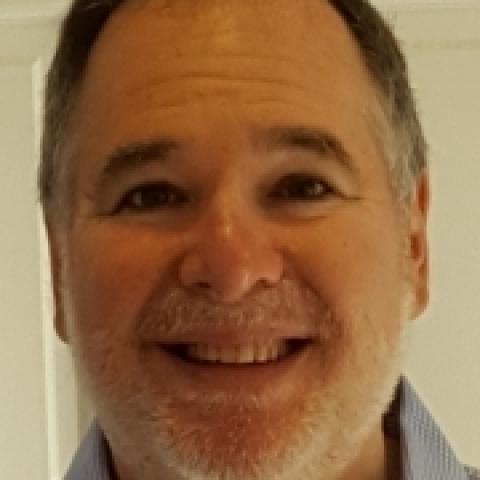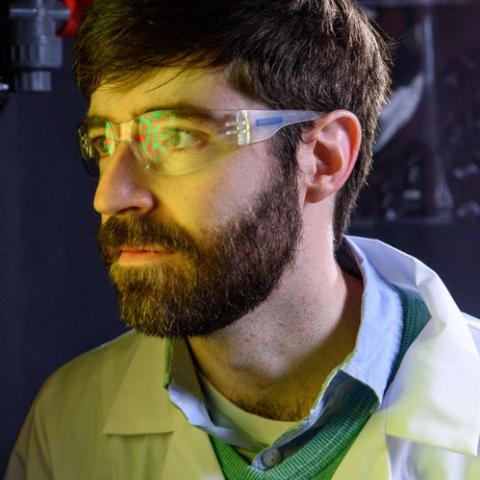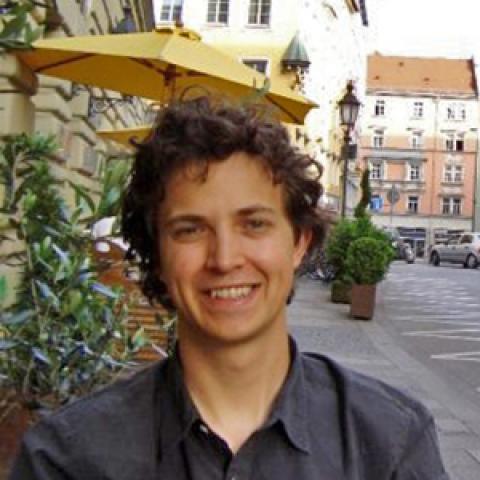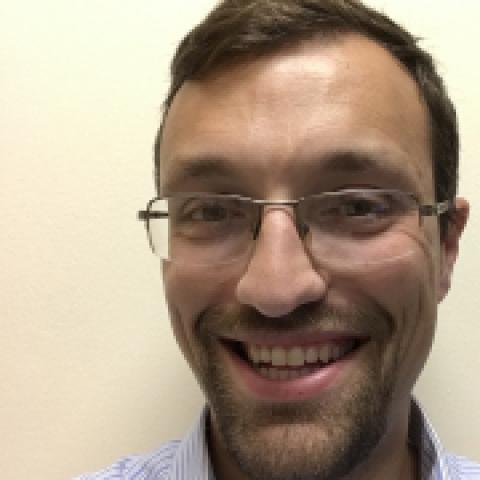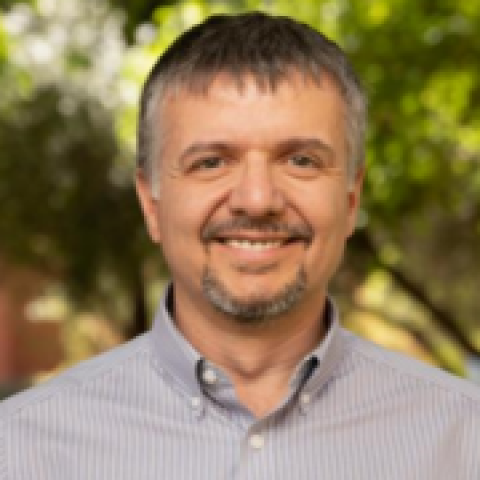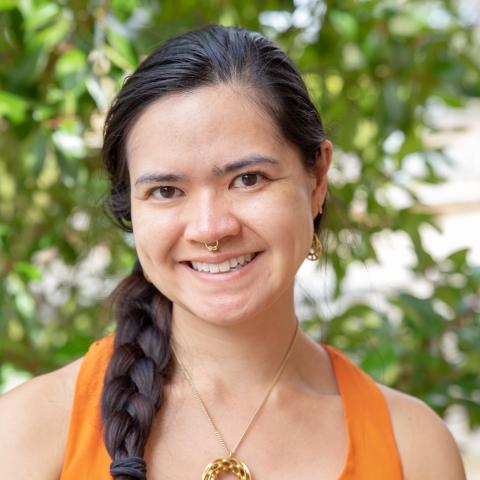During his graduate work at UC, Berkeley, Simon sought to uncover general principles of animal locomotion that reveal control strategies underlying the remarkable stability and maneuverability of movement in nature. His work has demonstrated the importance animals’ natural dynamics for maintaining stability in the absence of neural feedback. His research emphasizes the importance of placing neural control in the appropriate dynamical context using mathematical and physical models. He has collaborated with researchers at four other institutions to transfer these principles to the design of the next generation of bio-inspired legged robots.
Simon received his Ph.D. in Integrative Biology at UC, Berkeley and has been a Hertz Fellow since 2002. His work has led to fellowships and awards from the National Science Foundation, the University of California, the Woods Hole Marine Biological Institute, the American Physical Society, the Society of Integrative and Comparative Biology, and the International Association of Physics Students. He is also currently affiliated the new Center for Interdisciplinary Bio-Inspiration in Education and Research (CIBER) at Berkeley.
Additional Research
A central challenge for many organisms is the generation of stable, versatile locomotion through irregular, complex environments. Animals have evolved to negotiate almost every environment on this planet. To do this, animals'nervous systems acquire, process and act upon information. Yet their brains must operate through the mechanics of the body's sensors and actuators to both perceive and act upon the environment. Ourresearch investigates howphysics and physiologyenable locomoting animals to achieve the remarkable stability and maneuverability we see in biological systems. Conceptually, this demands combining neuroscience, muscle physiology, and biomechanics with an eye towards revealing mechanism and principle -- an integrative science of biological movement. This emerging field, termedneuromechanics, does for biology what mechatronics, the integration of electrical and mechanical system design, has done for engineering. Namely, it provides a mechanistic context for the electrical (neuro-) and physical (mechanical) determinants of movement in organisms. Weexplore how animals fly and run stably even in the face of repeated perturbations, how the multifuncationality of muscles arises from their physiological properties, and how the tiny brains of insects organize and execute movement.
University, College, and School/Department
Georgia Institute of Technology > College of Sciences > School of Physics
